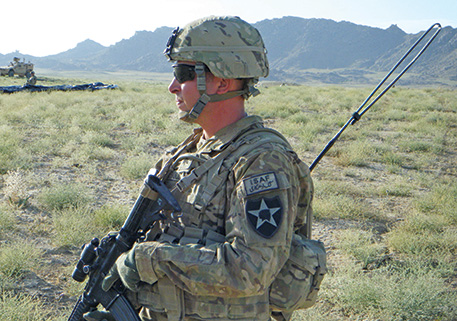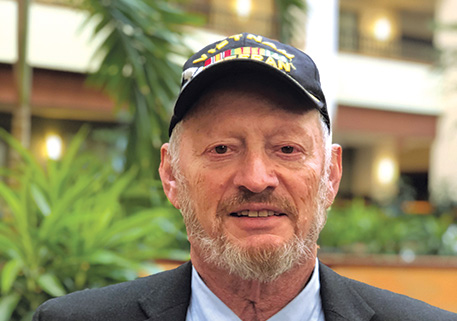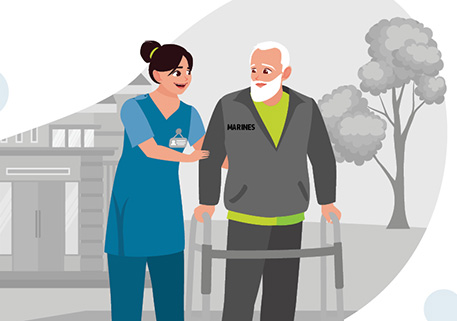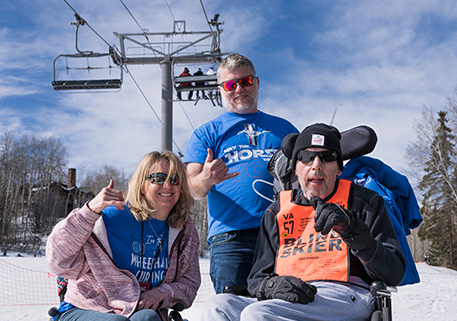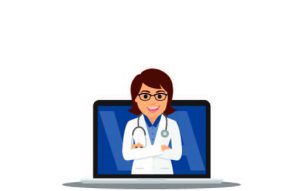 In March, the Department of Veterans Affairs temporarily closed its 56 regional offices in an attempt to slow the spread of the novel coronavirus while increasing virtual capabilities.
In March, the Department of Veterans Affairs temporarily closed its 56 regional offices in an attempt to slow the spread of the novel coronavirus while increasing virtual capabilities.
“The decision to close our offices to the general public is part of the VA’s effort to limit exposure to vulnerable populations like our older veterans and those with underlying medical conditions, as identified by the Centers for Disease Control and Prevention,” said VA Secretary Robert Wilkie.
Virtual options such as VA Video Connect were already in place to allow veterans to quickly and easily meet with VA health care providers through live video on any computer, tablet or mobile device with an internet connection. In response to the office closures, the Veterans Benefits Administration (VBA) expanded its own virtual services to ensure the safety and well-being of its clients and staff. For example, VBA was able to provide:
- Uninterrupted GI Bill payments so students continued to receive their benefits unaffected by any change from in-person to online learning.
- Educational counseling support for students through online and telephone services.
- Connections to Vocational Rehabilitation and Employment services through teleconferencing, as well as case management and general counseling through VA Video Connect.
- Informal hearings by telephone or video conferencing when needed.
- Information collection via telephone to process fiduciary claims.
- Remote information collection via phone or teleconference, when possible, to process Specially Adapted Housing grant requests.
- Examinations for disability benefits using tele-compensation and pension (tele-C&P) exams.
The VA also provided virtual briefings and individualized counseling for transitioning service members where possible.
Visit the VA’s website, http://dav.la/1yd, for information and updates regarding virtual services available in response to COVID-19.


